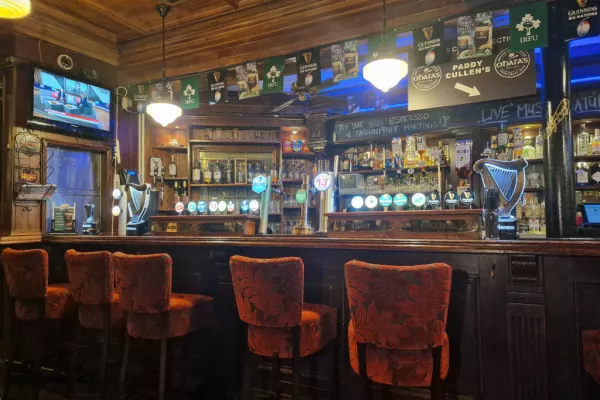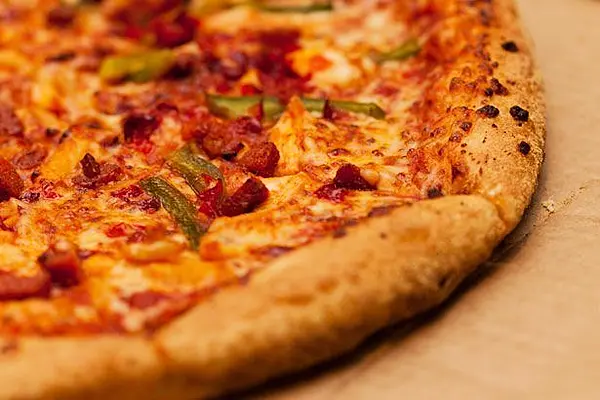A new report from the Drinks Industry Group of Ireland (DIGI) shows a continuing decline in the number of pubs across Ireland, with the rate of decline accelerating since Covid-19.
The report shows there was almost 2,000 pub closures across Ireland since 2005 with rural Irish communities the worst hit by closures.
Rural Irish Pubs
The latest data shows an additional 108 pubs closed in 2022, with an average of 152 pubs closing annually since 2019.
Over 450 pubs have closed in the period since the start of the Covid-19 pandemic, with the greatest decreases seen in more rural parts of the country compared with Dublin.
Analysis also established that the rate of closures has accelerated in the aftermath of Covid-19, with 349 pubs closing in 2020 and 2021.
Largest Decrease In Limerick
Although all 26 counties experienced a decline in the number of public houses during the 2005 to 2022 period, the lowest decrease was in Dublin at 3.4%.
The largest decrease was seen in Limerick with 32% less pubs in the county since 2005.
Roscommon (30.3%), Cork (29.9%) and Laois (29.9%) were the next largest decreases, with a further eight counties all showing the closure of more than a quarter (25%) in the number of pubs: Offaly (28.7%), Leitrim (28.6%), Tipperary (28.6%), Mayo (27.8%), Longford (26.5%), Donegal (26.3%), Clare (25.7%) and Waterford (25.4%).
Community Role
Economist Anthony Foley who examined the figures believes that while public houses play a particularly important role in contributing to the communities in Ireland’s towns, villages and rural areas, smaller local markets and populations mean many pubs in regional counties operate on tight margins marking them more at-risk of closure.
Foley stressed that the 6,680 pubs operating across the country are at the cultural and social heart of their communities, supporting social relationships and, community cohesion and social capital, reducing the risk of isolation.
His analysis also cites the significance of pubs to Irish tourism as providing an extensive network of facilities and services. The importance of public houses as a factor for tourism is most notable in more rural counties including Kerry (with 413 pubs), Cork (856), Donegal (334), Mayo (337) and Leitrim (100) writes Foley.
'Excessively High Excise Duty'
"There are now 1,937 less locations for visitors to find and benefit from services such as food and entertainment," said Foley.
“If we are to challenge this trend, we must look at factors which influence the viability of these businesses, particularly those costs over which the government has direct control."
"Excise duty is one such cost. Addressing the excessively high excise duty in Ireland compared to other countries would have a positive effect on the viability of small pubs.”
Disproportionate Impact
DIGI said the data shows the number of closures disproportionately impacts more regional counties and areas outside of urban centres – such as Dublin and the immediate surrounding counties.
The group are also calling on government to deliver a reduction in Ireland’s excise duties which they believe would make an "immediate, positive difference" to the hundreds of small businesses in the sector struggling to stay open.
'Loss Of A Livelihood'
"We have some of the highest excise duties in the world and the second highest in Europe overall, despite the industry being at the heart of Ireland’s tourism sector and its international reputation as a vibrant destination," said Kathryn D’Arcy, chair of DIGI and communications and corporate affairs director at Irish Distillers.
"The majority of the almost 2,000 pubs cited in the report which have closed represent the closure of a small or family-run business, the loss of a livelihood and the disappearance of a high-street landmark."
“We must create a sustainable operating environment for the sector and particularly those in more rural parts of the country who are being disproportionately impacted by Government policy."








